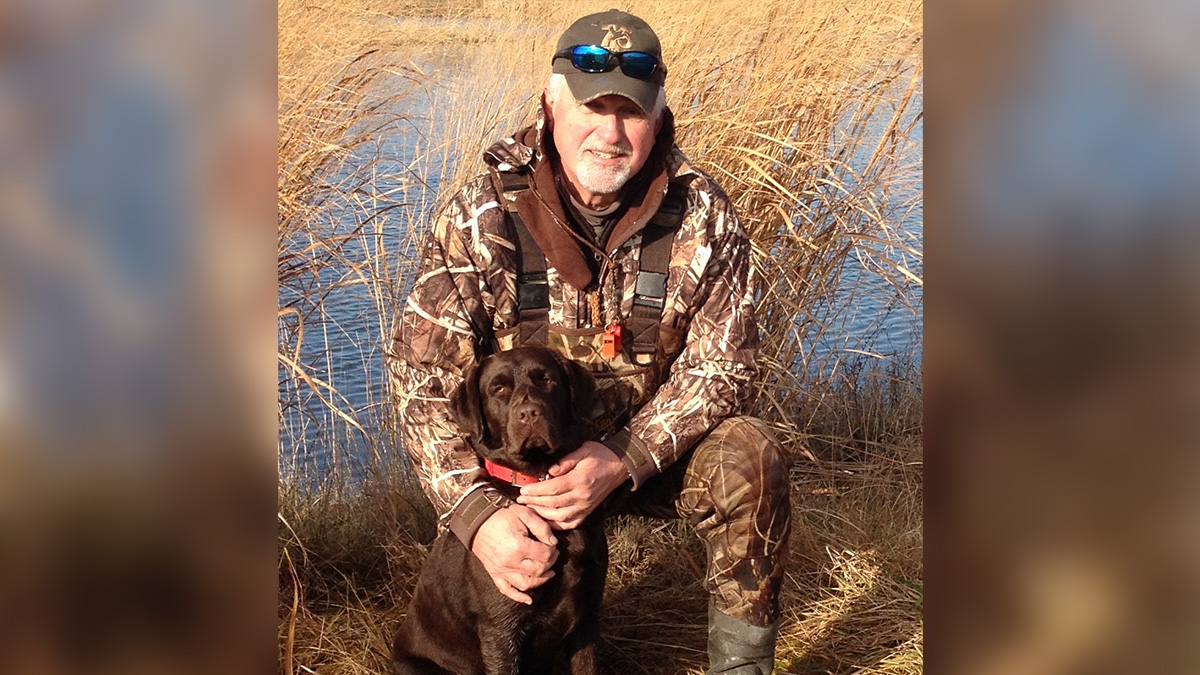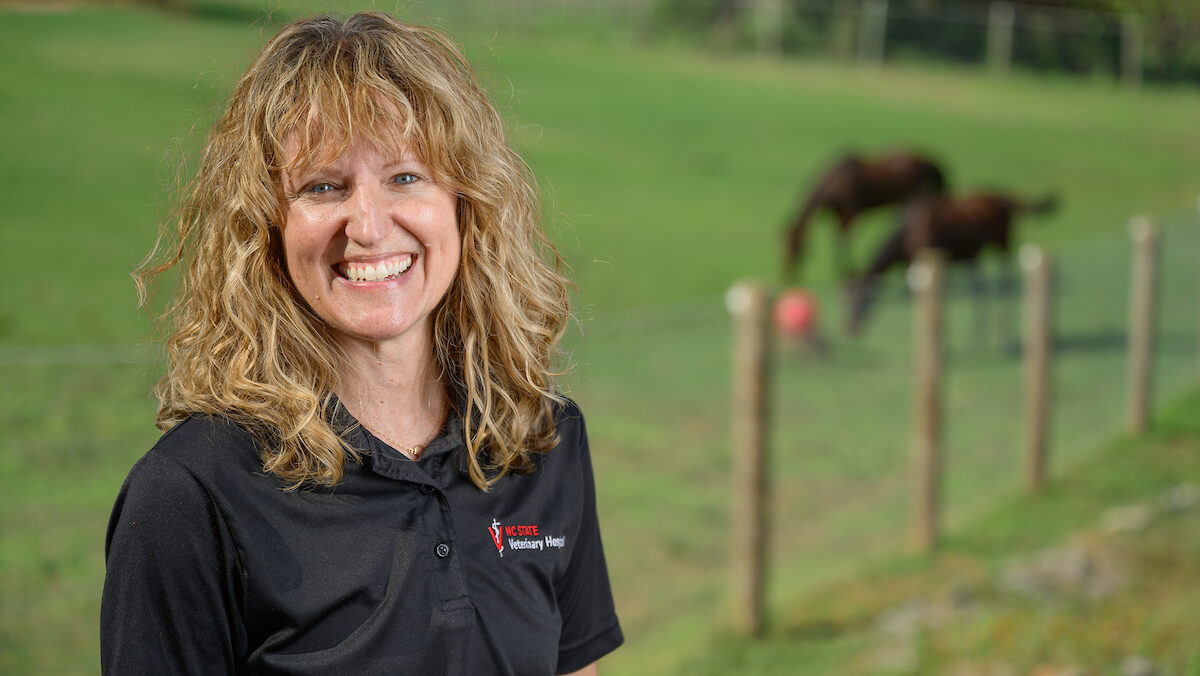Preparing the Next Generation of Rural Food Animal Veterinarians
The North Carolina State University College of Veterinary Medicine, recognized as a world leader in food animal veterinary education, research and industry engagement, addresses important food animal health issues on a regional and global level.
Veterinarians have an essential role in protecting the world’s food supply by ensuring the pre-harvest health of production animals such as beef, dairy cattle, poultry, and swine; by reviewing the safety of the food production process; and by working with public health officials to prevent the spread of potentially dangerous zoonotic diseases. These and other endeavors help maintain a safe and nutritious public food supply as well as support the economic health of critical food animal industries.
Unfortunately, the profession is facing a shortage of mixed practice and food animal veterinarians in rural communities. According to the American Veterinary Medical Association, the number of veterinarians focusing on large animals has dropped from nearly 6,000 in 1990 to fewer than 4,500 today. Meanwhile, the demand for food animal veterinarians is expected to exceed the number of practitioners in the coming years.
To promote food supply medicine and the need for related practitioners, the College of Veterinary Medicine initiated the Food Animal Scholars Program. Each year, six qualified undergraduate students with a career interest in food animal veterinary medicine are accepted into the program. In addition to their undergraduate studies, these students receive professional mentoring and experiential learning opportunities. Upon successful completion of an undergraduate degree and additional College of Veeterinary Medicine requirements, program participants are admitted into the DVM program.
The College of Veterinary Medicine also has been instrumental in the creation and operation of the Food Animal Residue Avoidance Databank, which provides livestock producers with practical information on how to avoid drug, pesticide, and environmental contaminant residue from entering the food supply, and the Food Safety Research and Response Network, a national consortium created to protect the food supply from pre-harvest pathogens.
For further information:
American Veterinary Medical Association
Preparing students to serve as large animal rural veterinarians (video)
College of Veterinary Medicine graduate serves rural North Carolina (video)
Teaching Animal Unit helps prepare future rural veterinarians (video)


